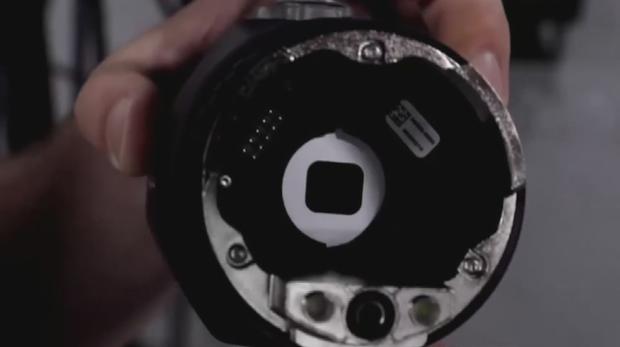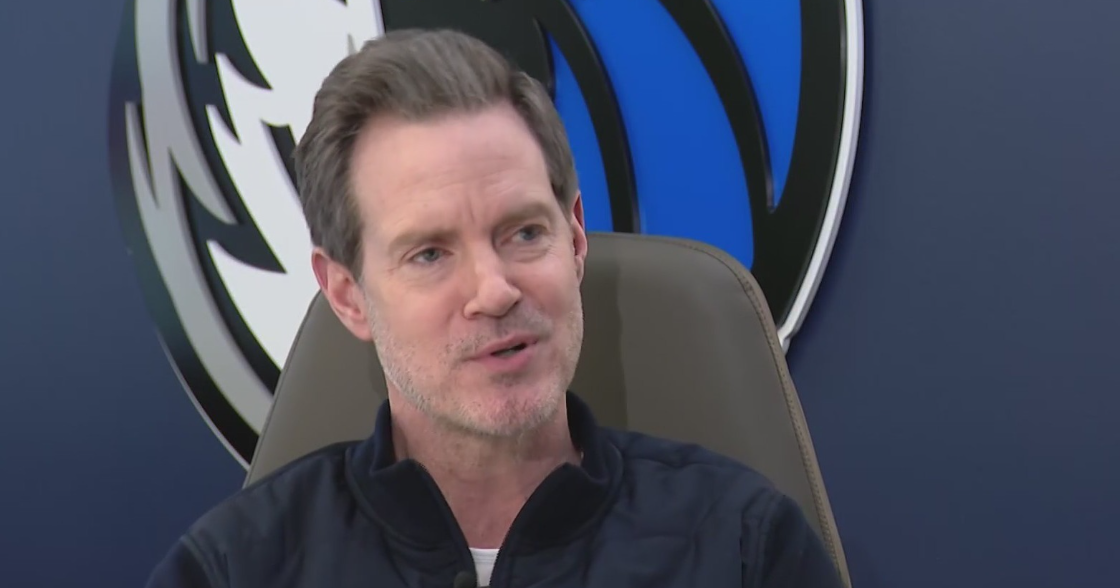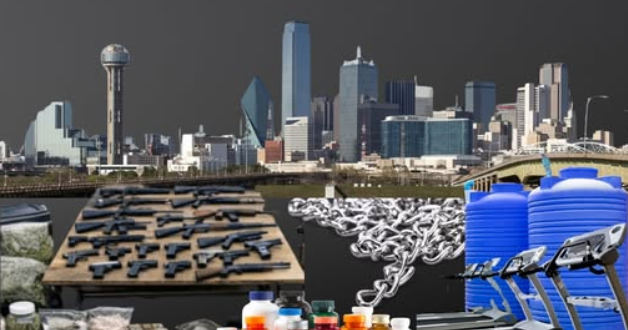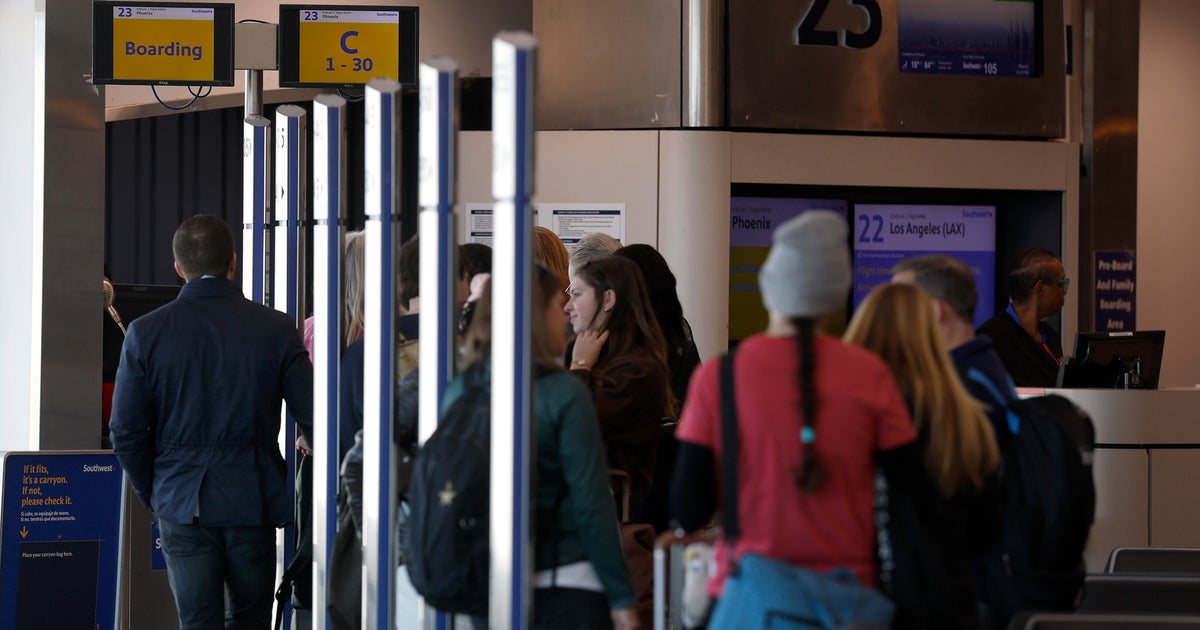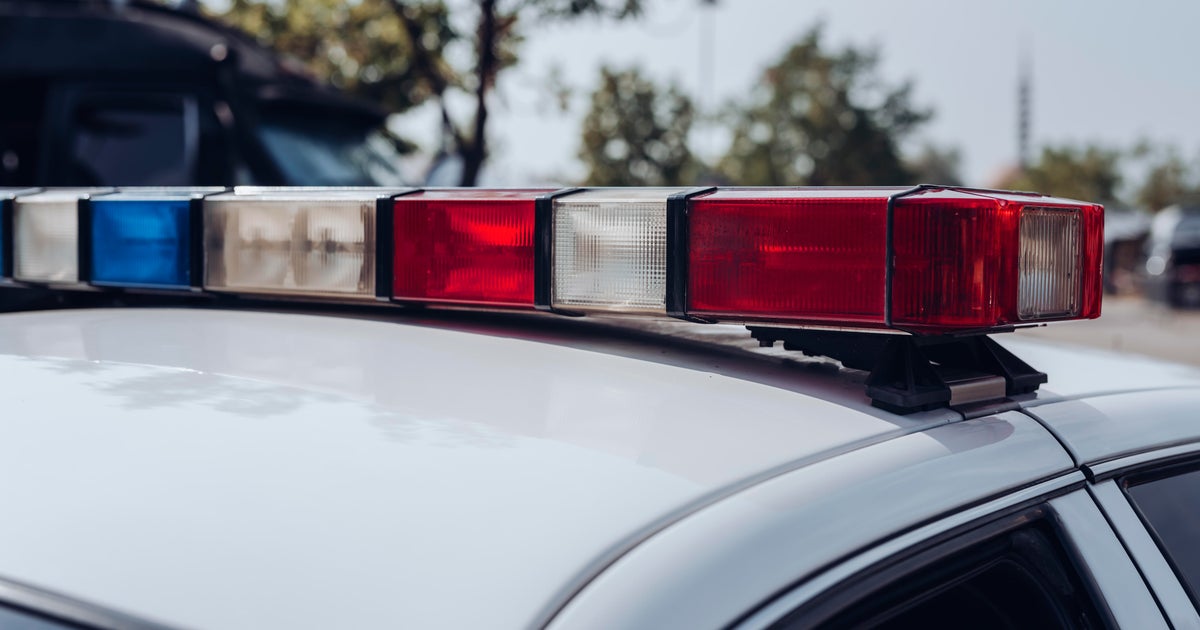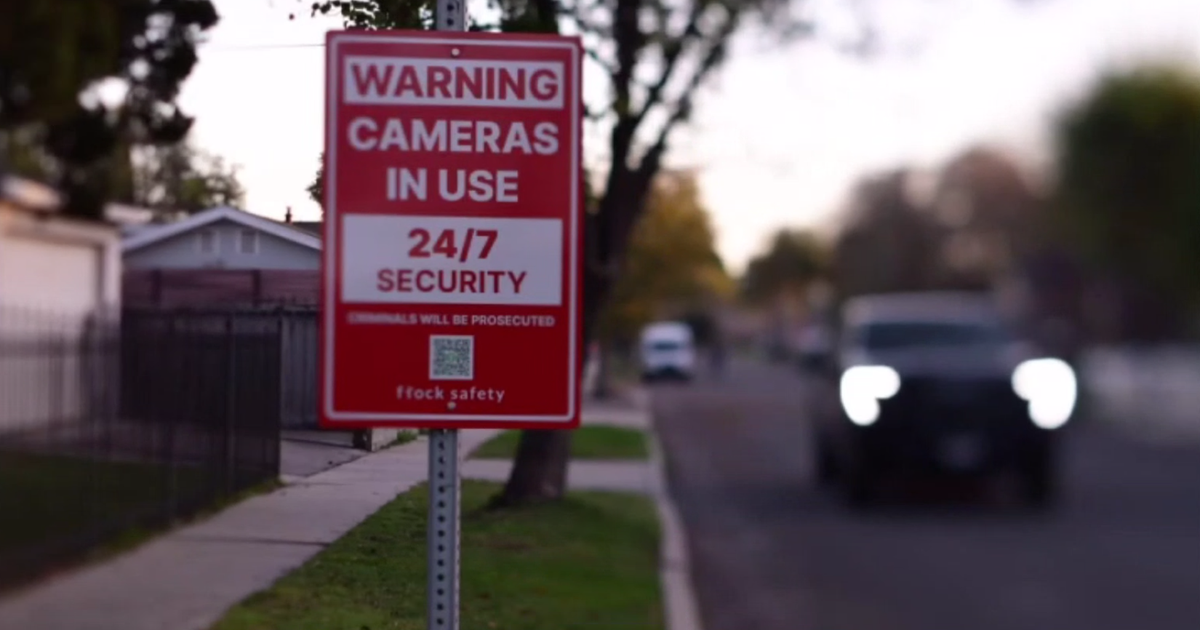Thermal Cameras Used To Spot Fevers Have 'Major Limitations' And Often Not Accurate, I-Team Finds
NORTH TEXAS (CBSDFW.COM) - As passengers at Dallas Love Field enter the security checkpoint line, they now pass a thermal camera set up by Southwest Airlines.
At Six Flags in Arlington thermal cameras are being used to screen guests and employees at entrance gates.
Thermal cameras are also in use at grocery stories, apartment buildings and schools across the country.
These cameras have become the latest technology to be deployed to detect coronavirus symptoms.
But a CBS 11 I-Team investigation found, at best, thermal cameras have major limitations, and at worst, could be providing a false sense of safety.
IPVM, an independent video surveillance research group, recently tested more than 20 different thermal camera systems and found most failed to live up to the hype.
"Unfortunately, the idea that many people have about these technologies does not match the more limited reality of their capabilities," said Conor Healy with IPVM.
IPVM found many thermal cameras are simply not accurate, while others are easily fooled.
In one test conducted by IPVM, a thermal camera scanned a 97.5-degree temperature on a person wearing a hat. When the hat was removed, the camera scanned a 99.5-degree temperature.
Two degrees is a big difference when trying to determine if someone has a fever.
Another thermal camera was thrown off by a person was holding a hot drink.
The camera measured the temperature of the drink instead of the person.
Windows, air conditioning and sunlight also all affected the accuracy of even the best systems, according to IPVM's research.
"Many of these systems are widely susceptible to variety of issues," Healy explained.
However, Healy said what was most alarming in its research was the marketing of these thermal cameras as COVID-19 detectors.
Some companies claim their cameras can scan multiple people at one time walking by but experts say that's not possible. Cameras can only scan one person at a time and they need to be standing still.
"The worst products we have seen are the ones where the sellers are just clearly lying, clearly misrepresenting where their product is from, where it's made, and how to use it," Healy said.
Prior to the pandemic, IPVM said there were less than 30 companies that sold thermal cameras to detect body temperature. Now there are more than 170.
The new guidelines, the FDA said certain thermal imagining systems when used correctly can accurately measure someone's surface skin temperature but cameras "should not be used for mass fever screening."
Texas thermal company designs body temperature scanner, alarmed by competition
Bryan Duke's family has been in the thermal imaging business for more than 25 years.
MFE Enterprises, with its manufacturing facility in Dripping Springs, Texas, usually builds thermal camera systems for oil and gas companies to detect leaks.
When the pandemic hit, Duke said they took their knowledge of thermal imaging and designed a system to scan for elevated body temperature.
Duke said he was alarmed to see how many companies misrepresent the capabilities of thermal imagining technology.
"A lot of this stuff people are selling they are ordering from China, putting a sticker on it, and claiming it can give you an accurate core body temperature. That's really dangerous," Duke said.
MFE Enterprises' thermal camera system focuses on person's eye tear duct, the inner canthus. Studies show this provides a more accurate body temperature than a forehead measurement.
The MFE system also includes a high resolution camera and a temperature black box for calibration.
Duke said all of these features are necessary to get an accurate reading but admits the technology has limitations and is expensive.
Duke said thermal cameras should be used as an initial temperature assessment as a way to triage people, but further oral temperature should be used to confirm a fever.
"The technology is not inexpensive," Duke adds. "Our system costs $19,800. It's a lot of money. We know it's not for everyone."
MFE Enterprises said it has so far sold its system to a handful of large corporations in Texas.
